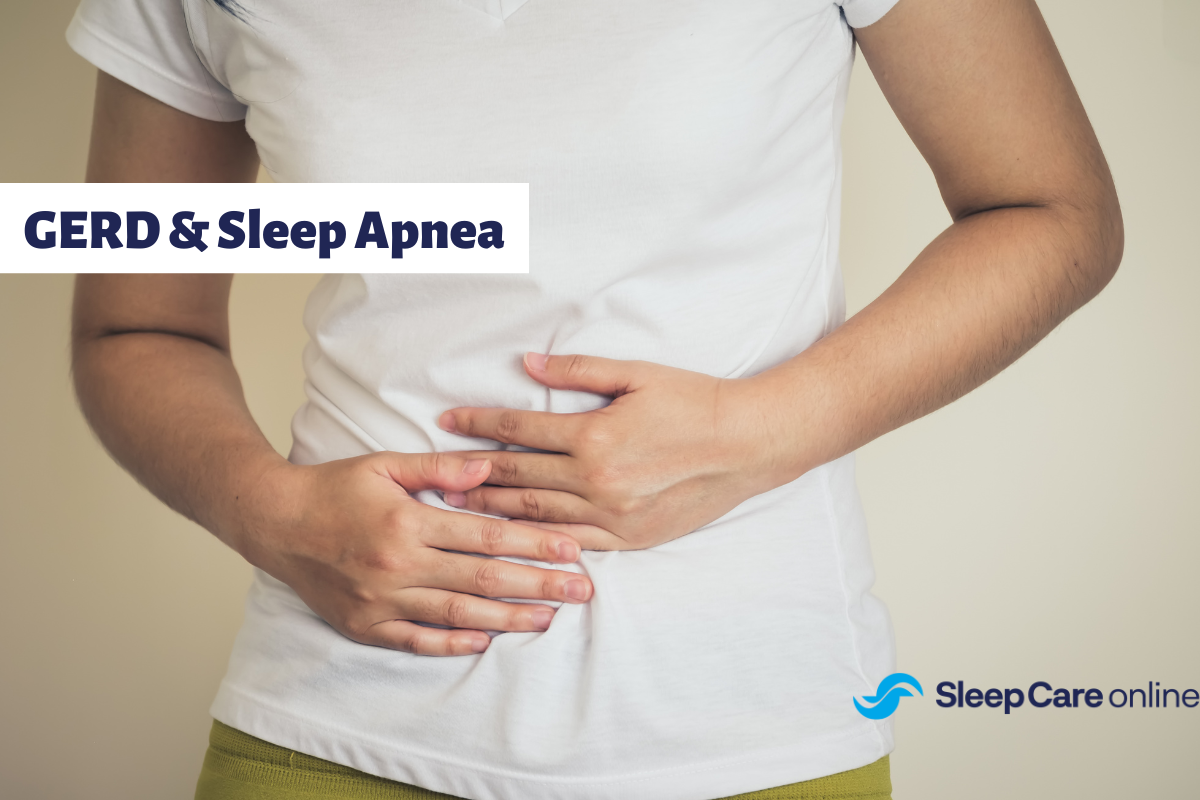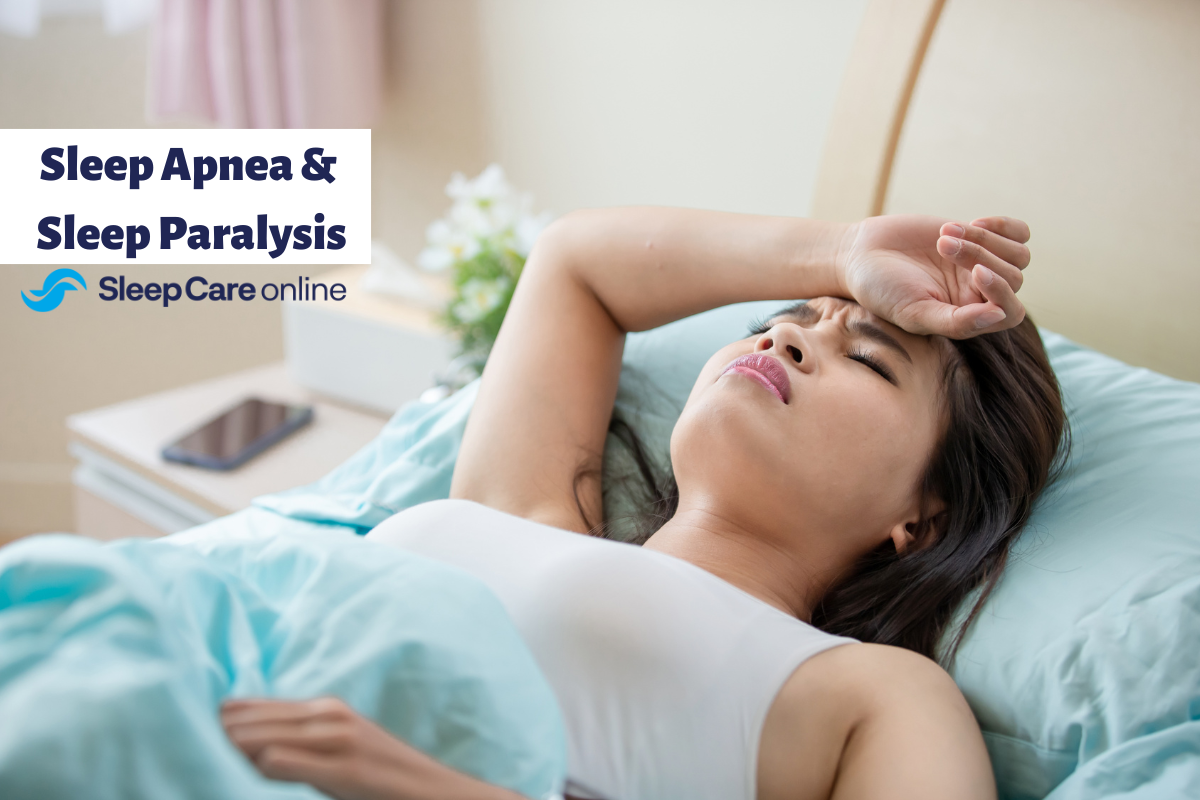Key Takeaways:
- Even for those who are thin, people of any size can have sleep apnea because of other factors like age, relaxed throat muscles, and more.
- Symptoms of sleep apnea include snoring, morning fatigue, lack of concentration/focus, and more.
- If you notice any of these symptoms, even if you are not overweight, it is crucial to get tested for sleep apnea.
One very common question that revolves around Sleep Apnea is, “Can Skinny People Have Sleep Apnea?” Sleep apnea is often associated with individuals who are overweight. Yet, obesity is not the sole cause of sleep disorders. A slender, healthy person can still suffer from sleep apnea. That’s why it is important to look for the symptoms and weigh the conclusions.
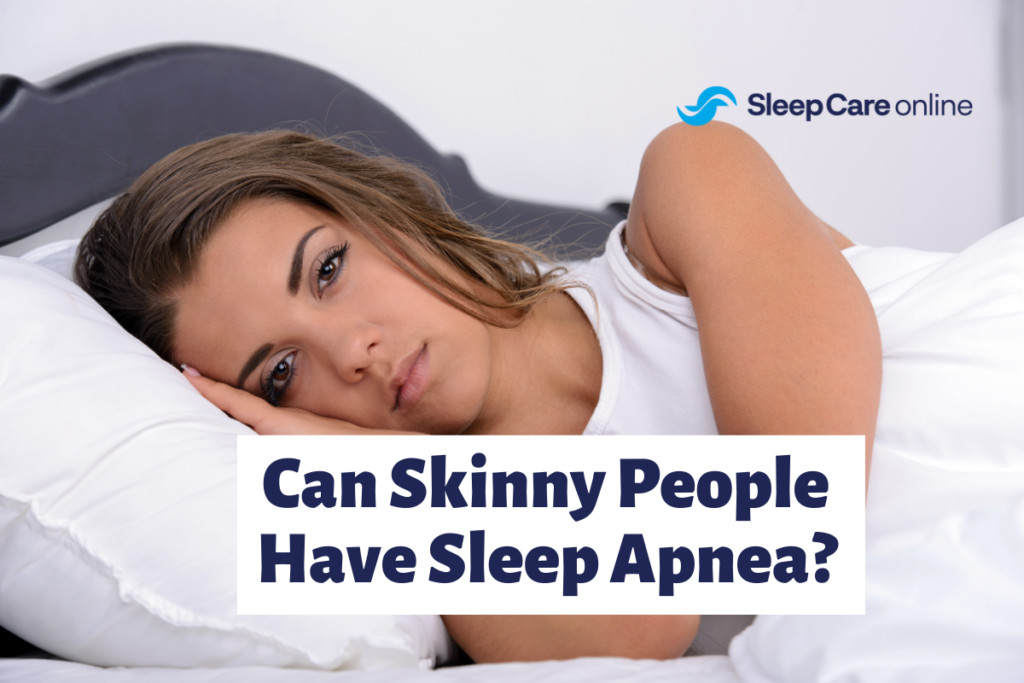
What are the Types of Sleep Apnea?
Sleep apnea comes in three distinct types:
- Obstructive sleep apnea (OSA) happens when the throat muscles relax during sleep and block the air passageway.
- Central sleep apnea (CSA) is caused when the brain sends irregular or wrong impulses to the muscles that control breathing during sleep.
- Mixed or Complex Sleep Apnea is caused when someone has OSA that converts to CSA when receiving treatment for OSA.
While OSA is more prevalent in individuals with weight problems, both forms of sleep apnea can affect individuals of any body type.
Who is at Risk for Sleep Apnea?
Along with excessive weight, individuals with the following risk factors may also be affected by sleep apnea.
- A larger neck circumference. Individuals with thicker necks (also related to weight) may have a narrowed airway.
- Male. Men are statistically more likely to have sleep arena than women.
- Being older. Sleep apnea risk increases with age.
- Family history. Having other family members with sleep apnea may lead to an increased risk.
- Use of alcohol or tranquilizers. Alcohol and narcotics relax the throat muscles and contribute to sleep apnea symptoms.
- Smoking. Smoking increases the risk of sleep apnea as it causes inflammation and fluid retention in the upper airway.
Factors Contributing to Sleep Apnea
Weight: People who are overweight have increased fat deposits in their necks that can block the upper airway. Maintaining a healthy weight can help prevent or treat sleep apnea caused by obesity.
Genetics: Our genes and family history can affect how your brain controls your breathing during sleep.
Age: As you age, your risk for sleep apnea increases. Fatty tissue can build up in your neck and tongue and raise your risk of sleep apnea.
What is the Relation Between Body Weight and Sleep Apnea?
While body weight is a risk factor for OSA, it does not mean a slender person will not have the condition. In addition, CSA can occur without body weight being a factor at all.
Certainly, managing weight is a healthy choice overall and will help prevent sleep apnea assuming other factors do not contribute to the condition.
Can Skinny People Have Sleep Apnea?
The healthiest, skinniest person can still experience sleep apnea. A slender person may also be less likely to seek a diagnosis as they would not think sleep apnea is possible because of their weight. Weight loss can alleviate sleep apnea by reducing upper airway obstruction due to fat tissue no longer being around the neck and throat. Even a modest weight loss of 5-10% can notably improve sleep apnea symptoms. While weight loss helps, it might not completely cure sleep apnea; additional treatments could be needed.
Why Do Skinny People Get Sleep Apnea?
When the muscles of the throat relax during sleeping, the airway collapses, breathing is disrupted, the brain receives less oxygen, and your body arouses you enough to take a deep breath. This is also the source of snoring. There are, however, various reasons why airflow may be restricted.
- A naturally smaller airway, bigger adenoids or tonsils, and a retruded jaw are all anatomical traits of many people with OSA.
- Sleep apnea is more widespread among ethnic groups such as African Americans, Hispanics, and Pacific Islanders.
- Athletes with large, muscular necks may be at risk for OSA.
- Hypothyroidism, growth hormone abnormalities, allergies, and a deviated septum are examples of medical disorders that are related to an increased risk of OSA.
- A slim, smaller frame and a narrower airway may raise the risk of OSA.
- Smoking, alcohol, or gastric reflux can cause edema in the larynx, leading to OSA.
Tips For Skinny People With Sleep Apnea
These changes can lessen the effects of sleep apnea and promote sound sleep.
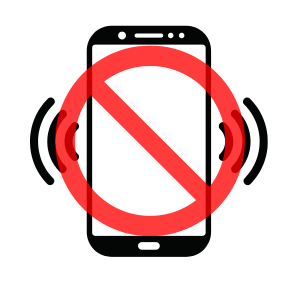
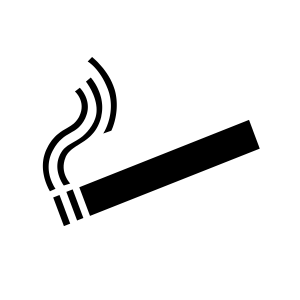
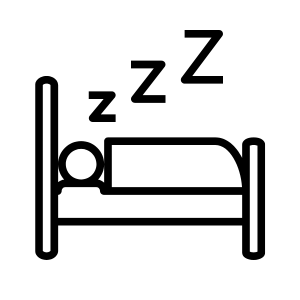


How Can Sleep Apnea Be Diagnosed?
Fortunately, sleep apnea can be easily diagnosed at home and at a lower cost than at sleep labs. So, how can you get a home sleep apnea test?
- With the Complete Care Package, schedule a 10-minute telehealth visit with a healthcare provider to discuss your symptoms, upcoming sleep study, test results, and treatment options.
- A multi-night, disposable home sleep apnea test is mailed to your home to be completed at your convenience.
- A physician analyzes the sleep data and provides a prescription if needed.
- Schedule an optional follow-up appointment (additional fee applies).
- We connect you to sleep experts who can offer customized sleep therapy options, assistance in equipment purchase, and initial set-up.
To find out if you suffer from this common sleep disorder, purchase your Complete Care Package from Sleep Care Online today. For more information, contact our knowledgeable customer care team at 866-465-4478 or email [email protected].

Dr. Kunal Agarwal is a highly accomplished board-certified physician specializing in Family Medicine, Sleep Medicine, and Obesity Medicine. He completed his residency at Michigan State University and a fellowship at Henry Ford Health System, and has over a decade of experience delivering exceptional patient outcomes. Dr. Argarwal is passionate about patient education and advocacy, sleep disorders, and more. His expertise in treating sleep apnea is extremely valuable to improve his patients’ lives.
Awards, Honors, & Recognition
Top Doctor
SRQ Magazine and Sarasota Magazine, 2023-2024
Fellow of American Academy of Sleep Medicine (FAASM)
American Academy of Sleep Medicine, 2021
Named “Top Doctor” for 2017, 2018 (on cover), 2019,and 2020 by Delaware Today Magazine
2017-2020


